With the federal estate tax exemption possibly about to be lowered, it may be time to think about steps you can take to keep your estate from being taxed. An irrevocable life insurance trust allows you to pass on money to your heirs while avoiding both the federal estate tax, as well as any applicable state estate tax.
Senate Democrats have proposed lowering the current estate tax exemption from $11.7 million for individuals and $23.4 million for couples to $3.5 million for individuals and $7 million for couples. While it is unclear if anything will come of this proposal, it is likely that some change to the estate tax is coming. Even if Congress does not take any action, the current rate will sunset in 2025 and in 2026 the rate will essentially be cut in half, to approximately $5.5 million for individuals.
One way to make up for any estate tax your estate may have to pay is by setting up an irrevocable life insurance trust and funding it with a policy that has a death benefit that would pay your heirs some or all of the amount your estate will be taxed. If you purchased such a life insurance policy directly, it could end up being taxed as part of your estate. But if a trust owned the policy, it could pass outside your estate. While a life insurance trust can be highly beneficial, it is also complicated to set up and maintain properly.
The following are some of the requirements:
- Trustee. If you are setting up the trust, you cannot also serve as a trustee. If you are the trustee, you have control of the trust, which could lead to the trust being included in your estate. You will need to name another trusted person or financial institution to act as trustee.
- Policy ownership. The trust must own the life insurance policy. If you transfer an existing policy to the trust and die within three years, the policy will still be considered as part of your estate. To avoid this risk, the trust can purchase a policy directly rather than receive an existing policy.
- Premiums. You need to transfer funds to the trust to pay the policy premiums, which may create a gift tax issues. A transfer to a trust is usually not subject to the $15,000 yearly gift tax exclusion. In order for a gift to qualify for the exclusion, the recipient must have a “present interest” in the money. Because a promise to give someone money later does not count as a present interest, most gifts to trusts are not excluded from the gift tax. To avoid this, you can use something called a “Crummey” power which gives beneficiaries the right to withdraw the funds transferred to the trust for up to 30 days. As part of the process, the trustee needs to send them a letter, known as a Crummey letter, letting them know about the trust funding and their right to withdraw the funds. After the 30 days have passed, the trustee can use the funds to pay the annual insurance premium. You run the risk of the beneficiaries withdrawing the funds, but if they know that by allowing the money to stay in the trust they will receive more money later, it shouldn’t be a problem.
- Beneficiaries. The beneficiary of the life insurance policy is usually the trust. Once the funds are deposited in the trust, the trustee can distribute the assets to the beneficiaries in the way specified by the trust. For example, if your beneficiaries are minors, you can wait to have the trustee distribute the assets. Keeping the assets in the trust will also protect them from any creditors of the beneficiaries.
The downside of an irrevocable life insurance trust is that you do not have the ability to change it once it is set up, although the policy would effectively be canceled if you stopped paying the premiums.
If you are considering setting up an irrevocable life insurance trust, give us a call.


